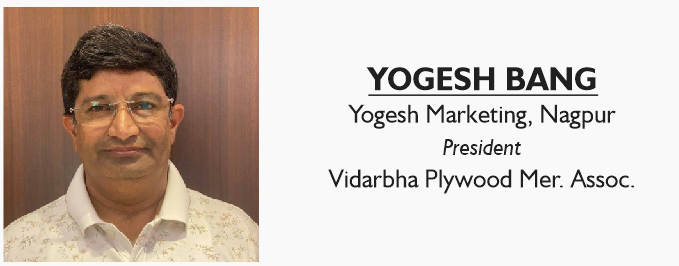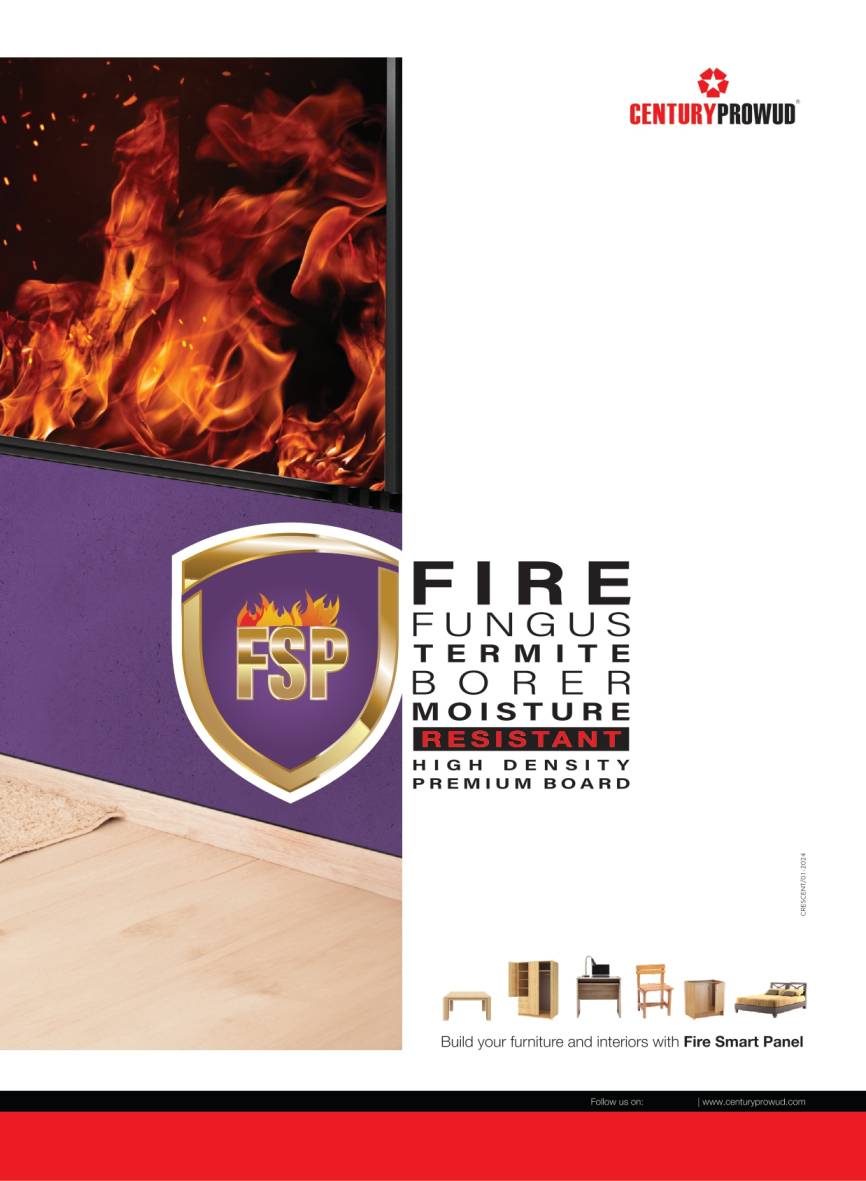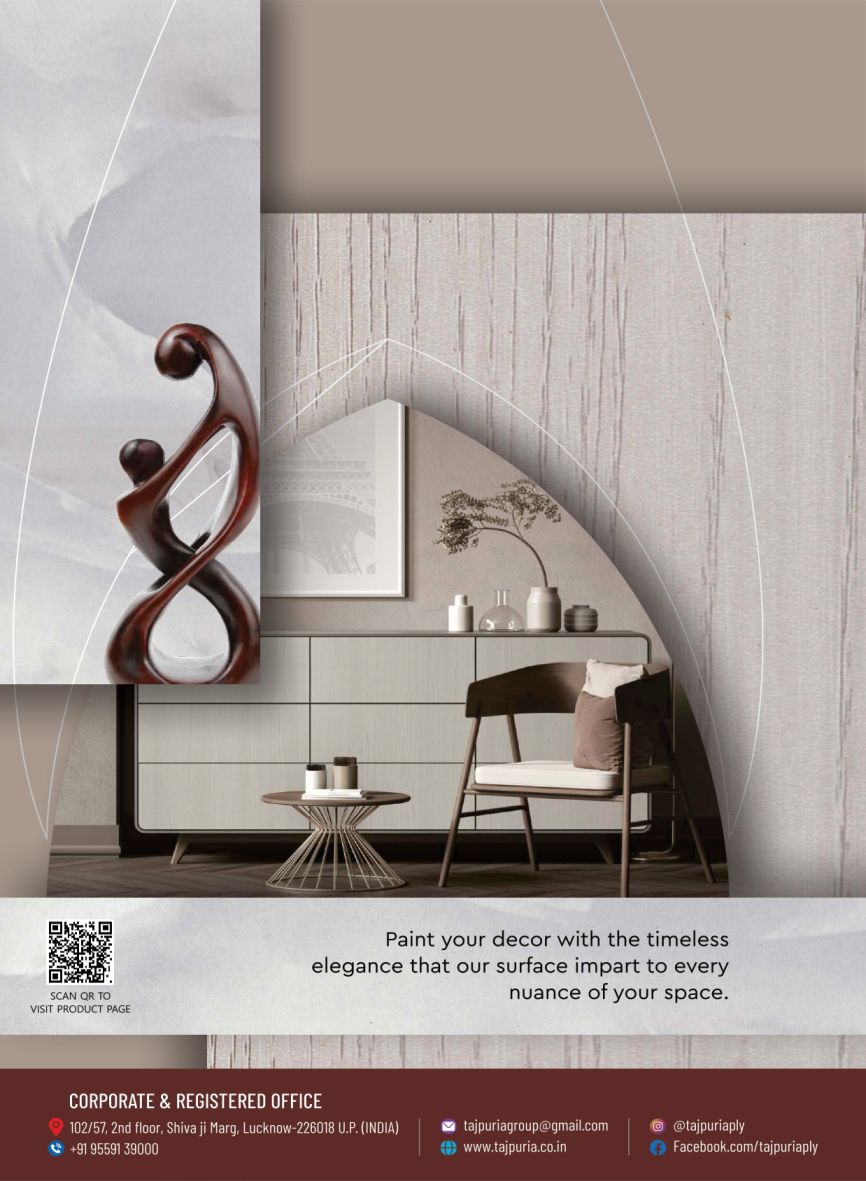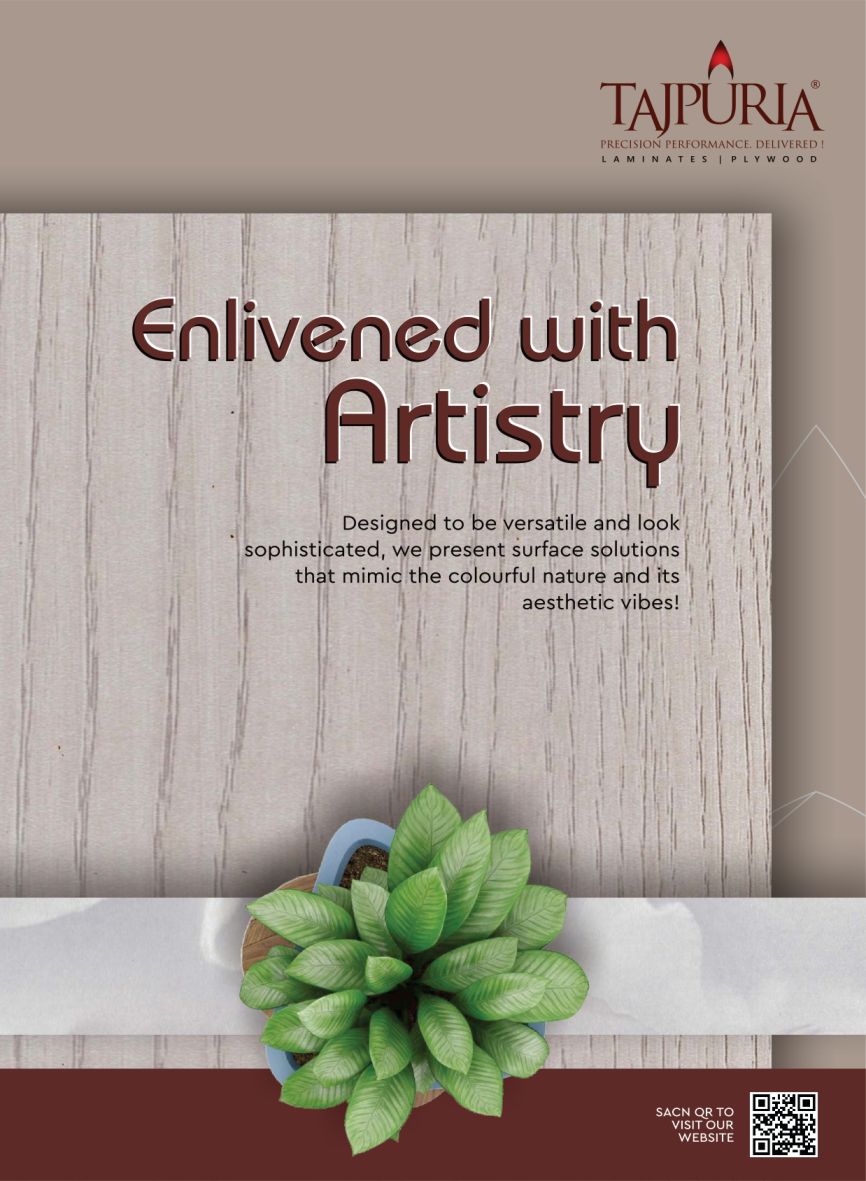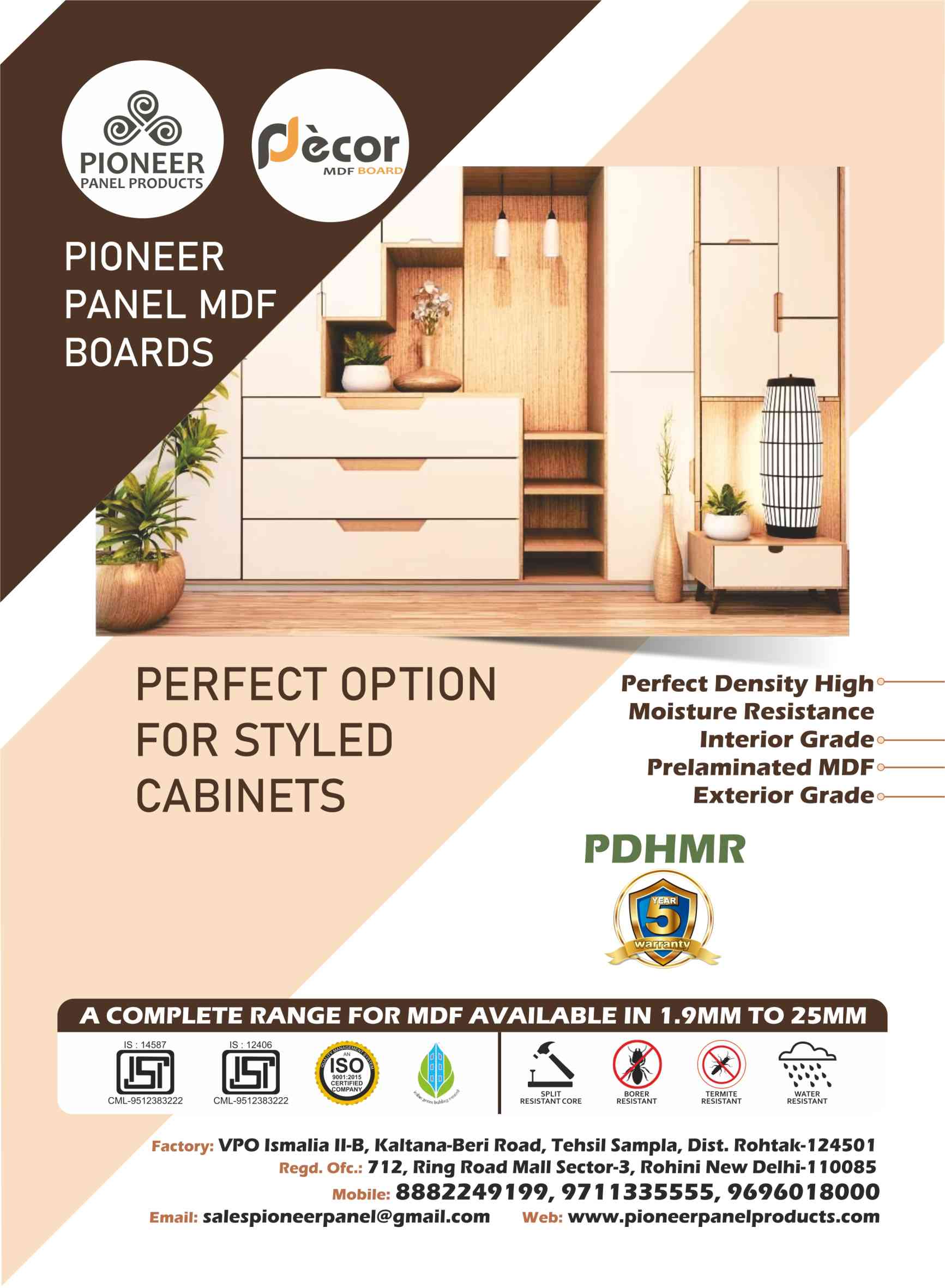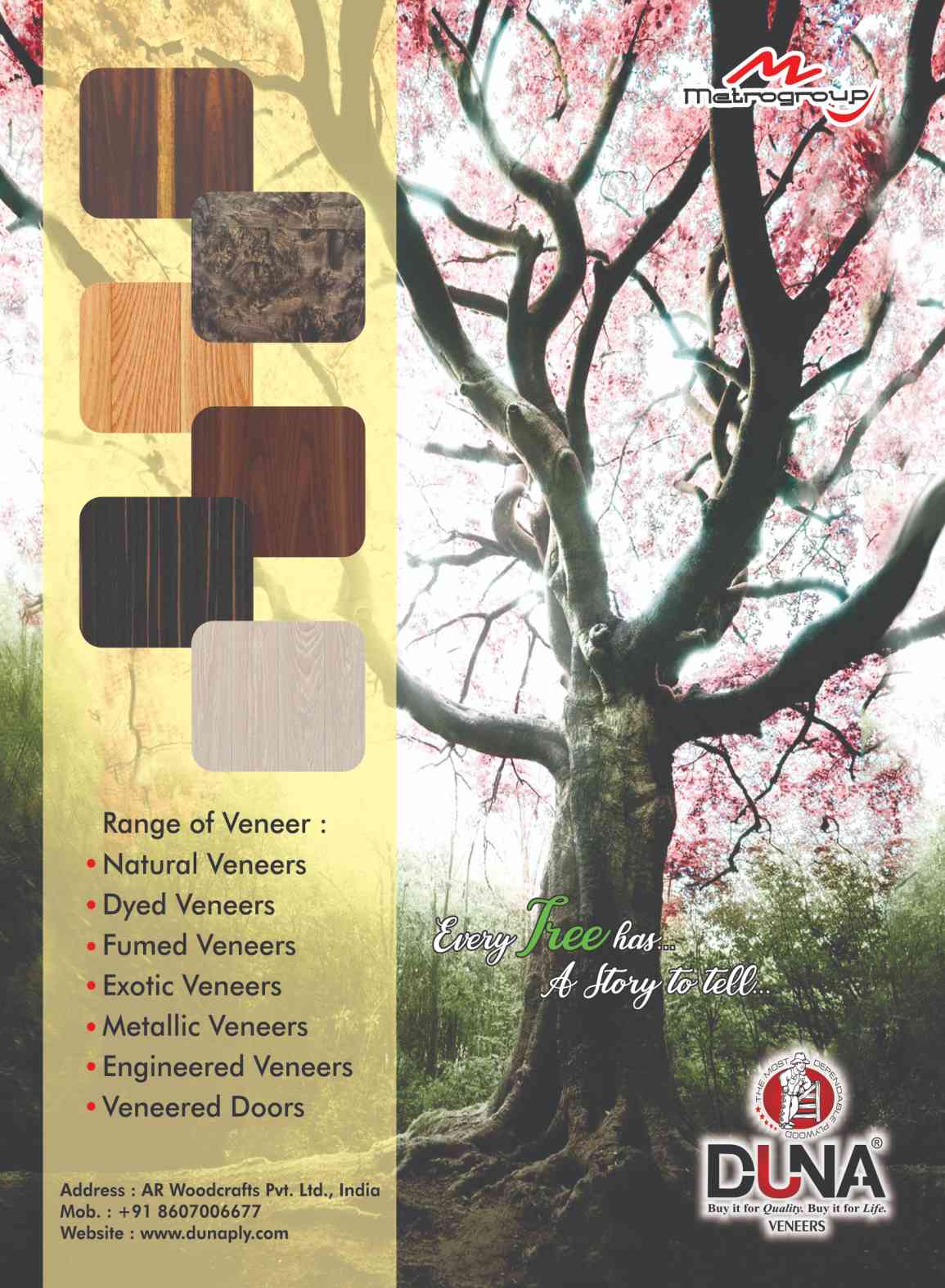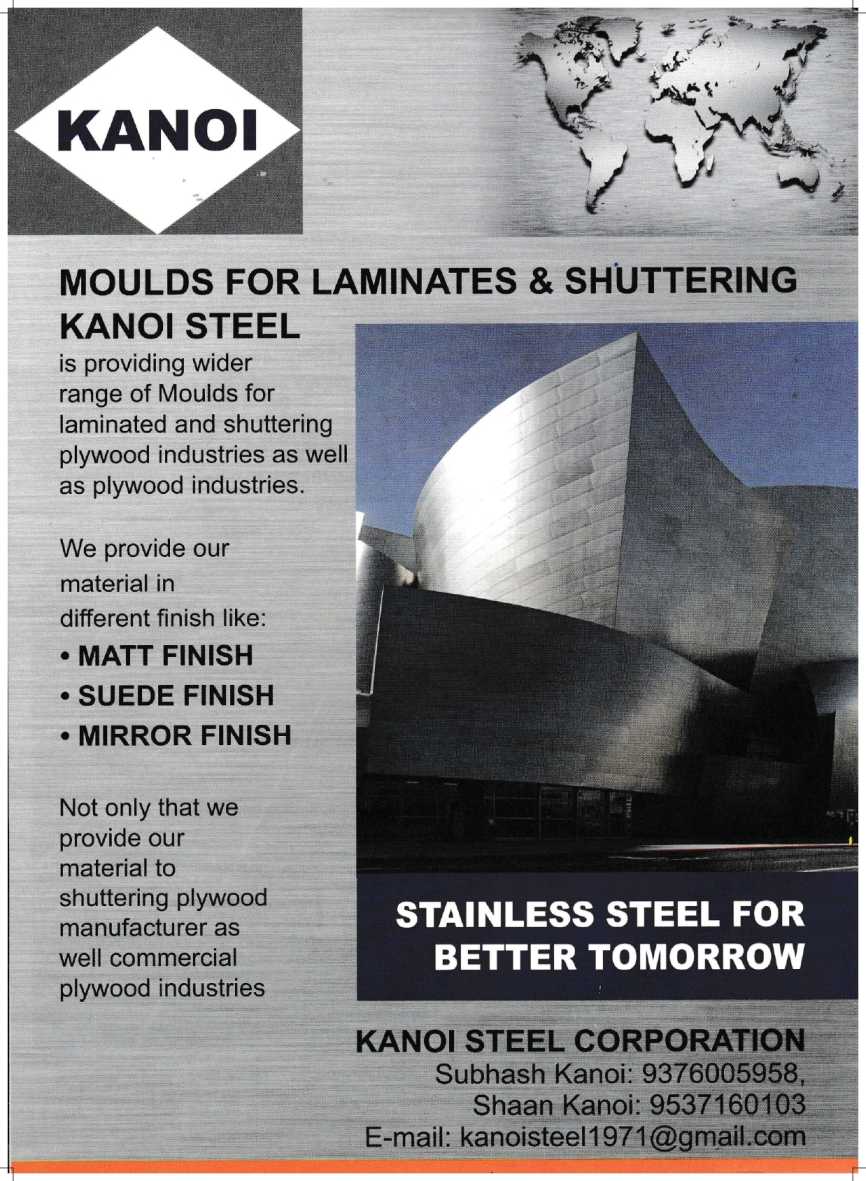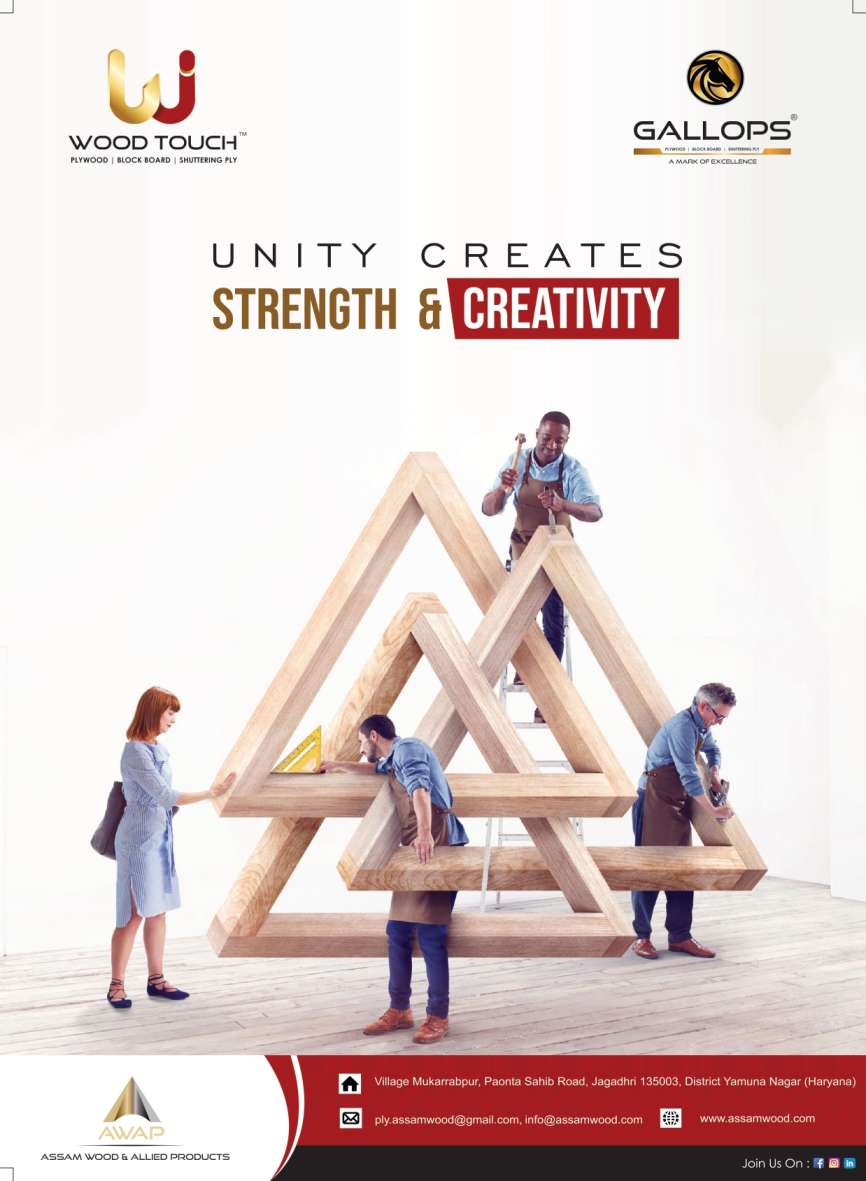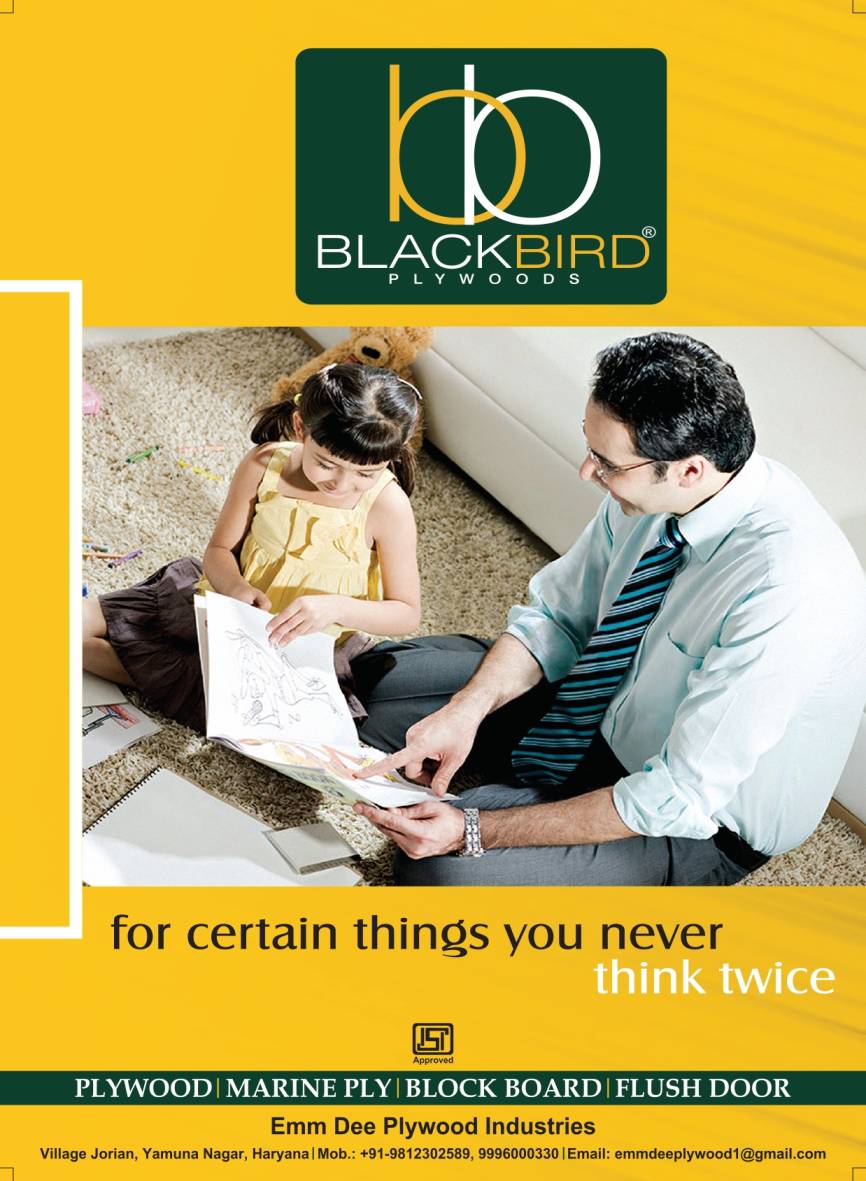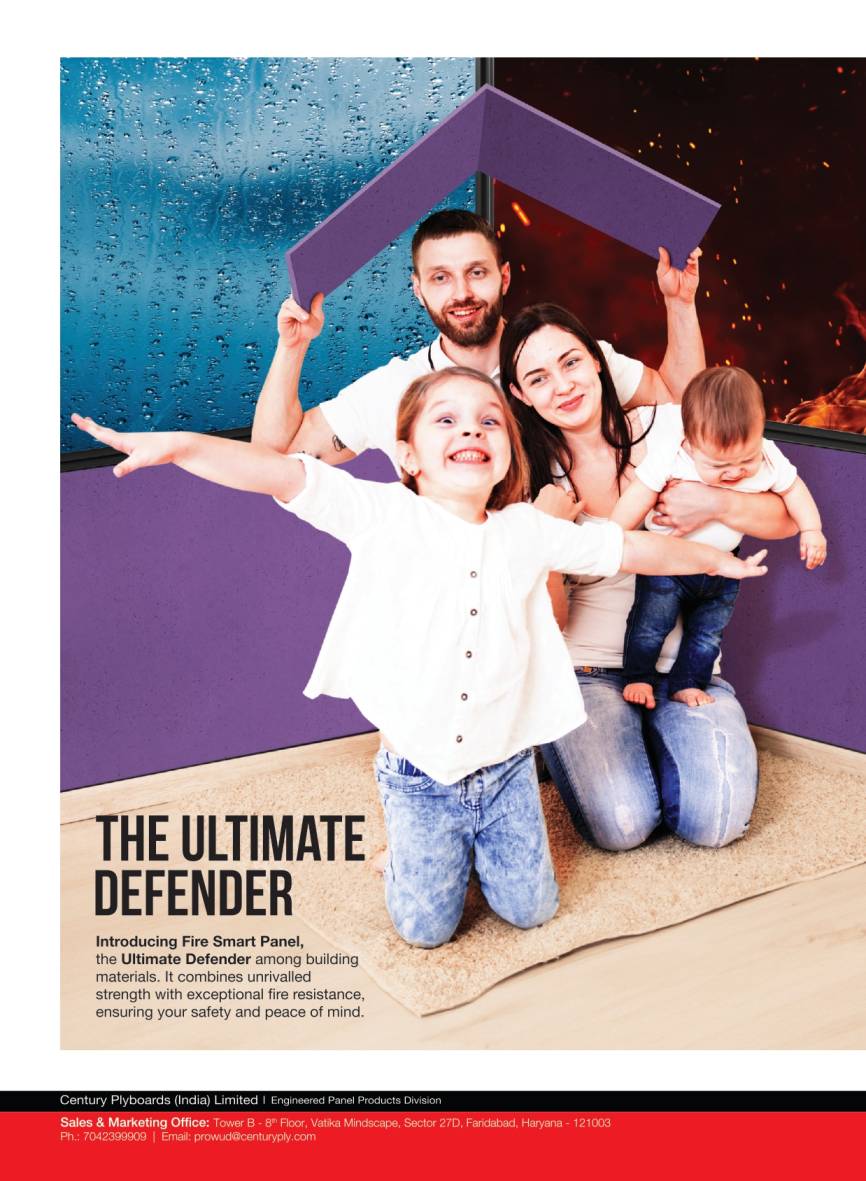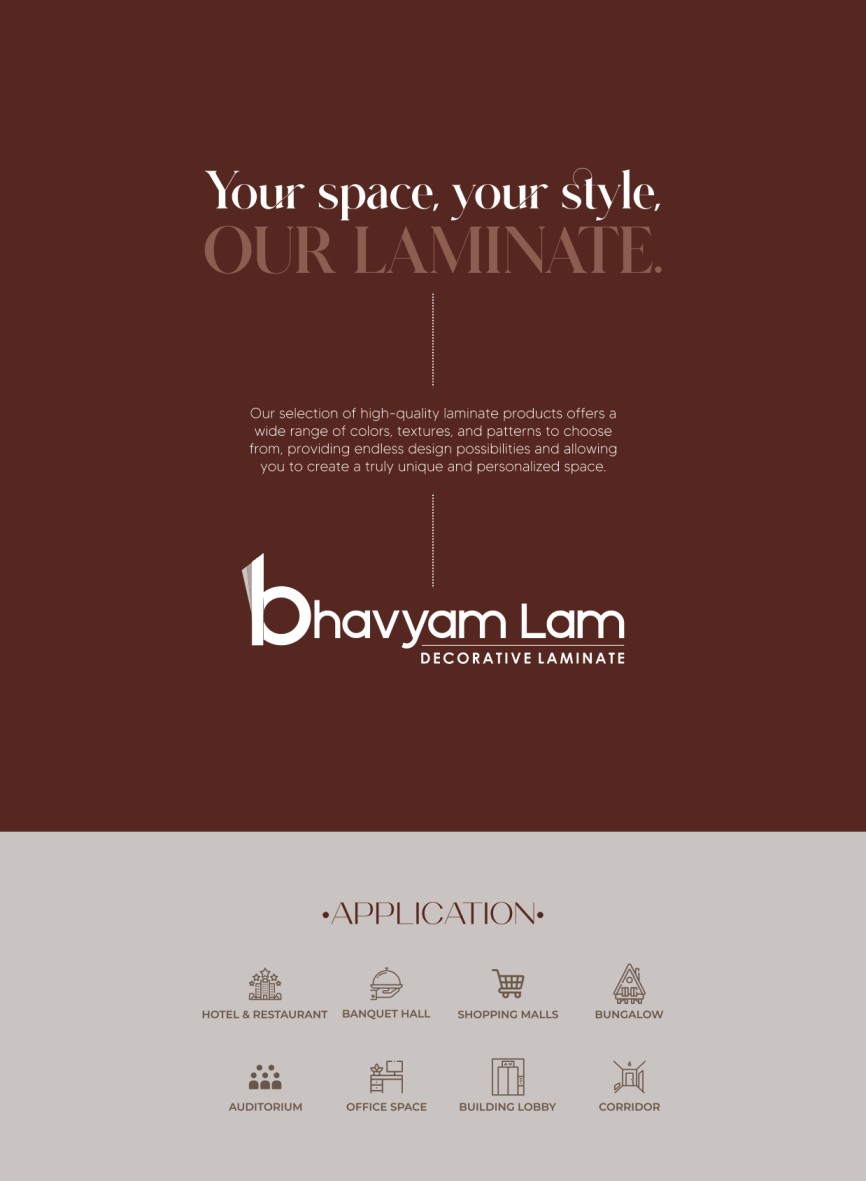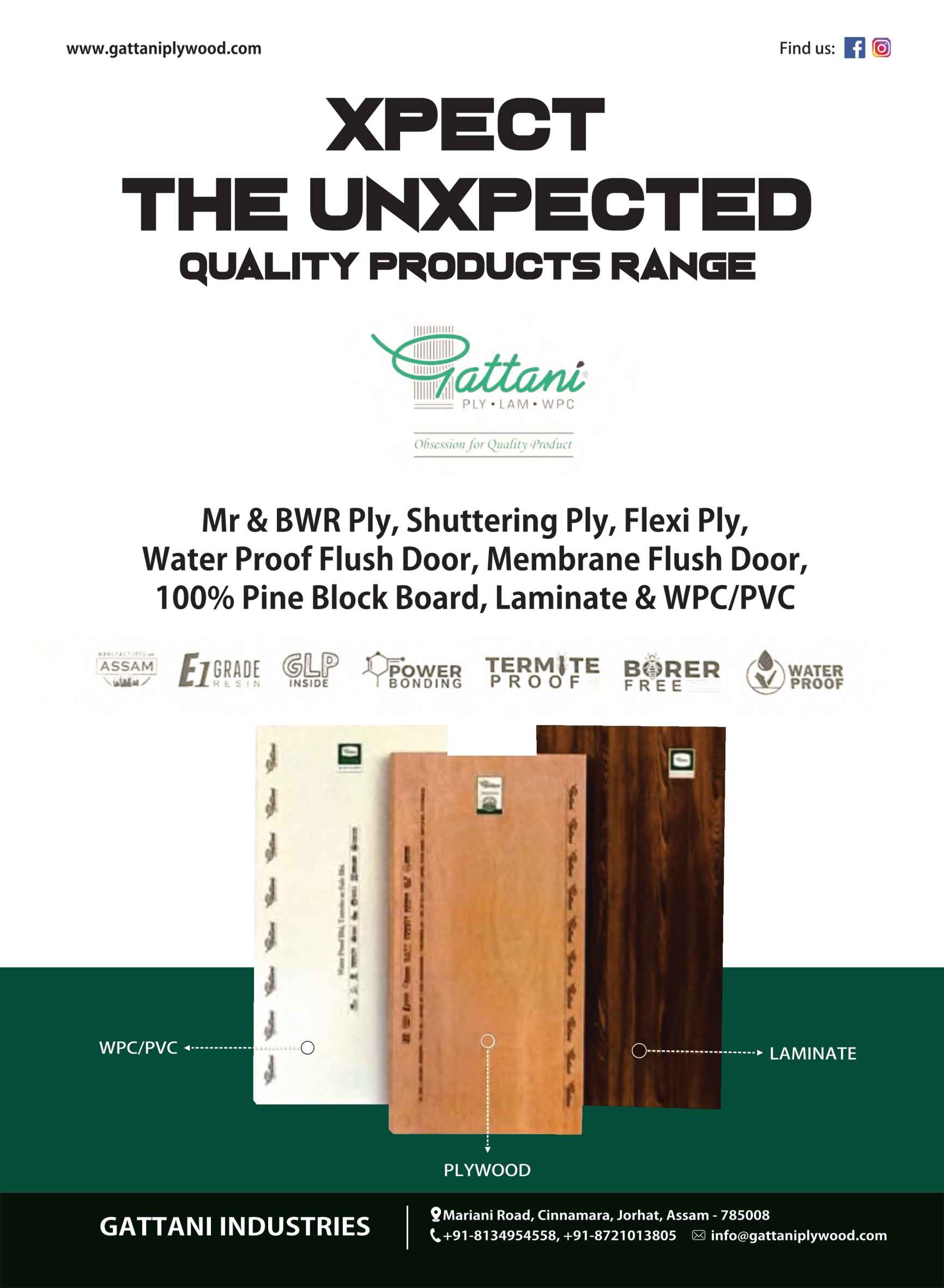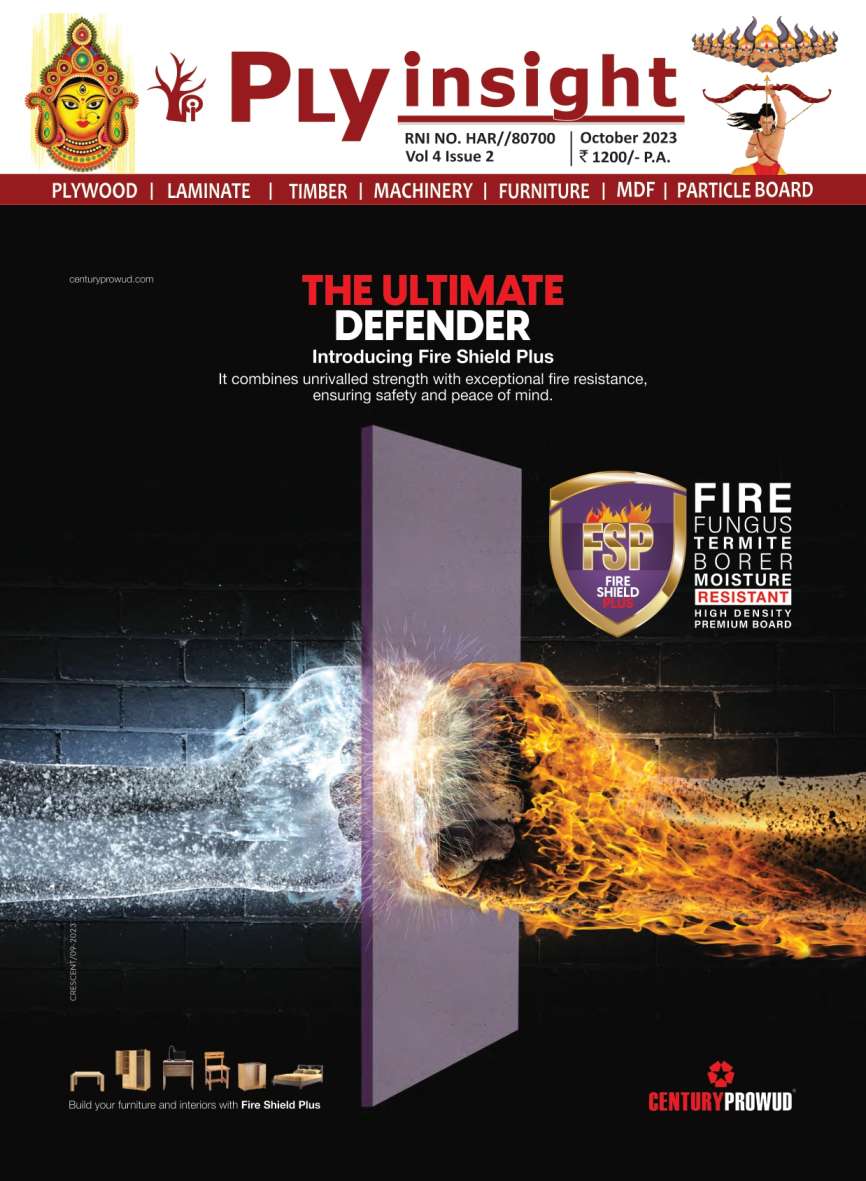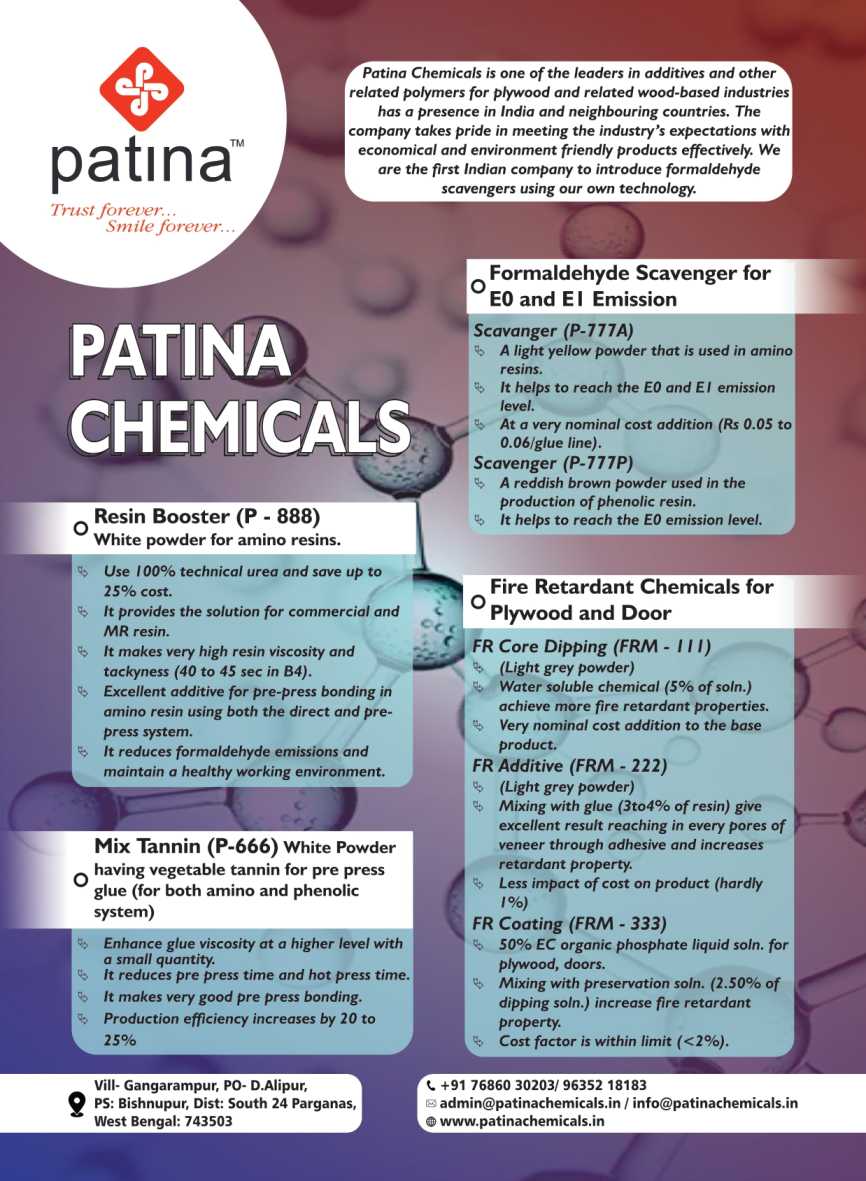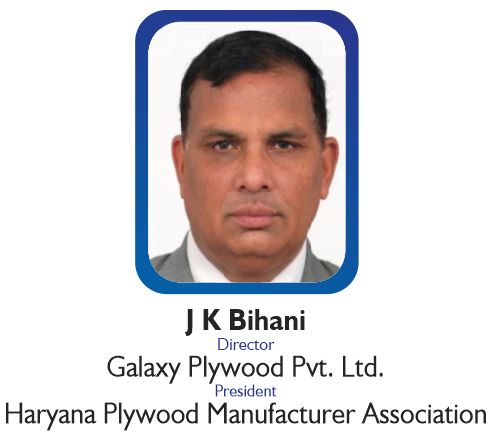
Mandatory BIS will stabilize market – JK Bihani – HPMA
- November 20, 2023
- 0
What is the status regarding the implementation of mandatory BIS standards?
With the implementation of mandatory BIS standards, everyone will have to take extra precautions to ensure the quality of the product. Products of lower quality will automatically be phased out from the market. There will also be restrictions on cheap goods imported to India.
This will undoubtedly benefit the Indian wood industry. After the implementation of ISI, factory operators who are currently working with a lax attitude towards regulations will also get restricted. This will help stabilize the market. However, it should be kept in mind that the cost of the product should not increase in pursuit of quality as much that common consumers cannot afford it. Quality standards should be in such a way that they are convenient for both industrialists and consumers.
How will it be possible?
We are in contact with BIS. Recently, as the head of the Haryana Plywood Manufacturers Association, I have written a letter to BIS. In this letter, we have made suggestions regarding the MoR/MoE, crossbands, spot test and face veneer. We hope that BIS will understand our point and implement the standards to facilitating the Industry. Recently there has been news of stop marking of nearly 200 plywood licenses in Yamunanagar.
What suggestions have you given?
Right now, the standard for MoR/MoE is 36/40 and 3600/4000. Producing at these standards is not possible in today’s conditions, because these standards were introduced at a time when forest timber was available, now it is procured solely from agro forestry. Therefore, the standard should be amended. The new standard should be 24/27 and 2400/2700.
We also requested a reduction in crossband. The core size has now decreased to 1.50 mm. In this case, if two cores are bonded together, the thickness can be up to 3 mm. It is worth noting that even IS 710 now bans the use of forest wood.
Moreover, Wood that is resistant to termite and pest effects, such as Poplar, Safeda, and Millia Dubia, should be tree from treatment. We also demanded to reduce the face veneer thickness to 0.30 mm, which is at 1.0 mm till now in the standard. This is entirely impractical. The thickness depends on imported face veneer, so keeping it thicker will increase the cost fourfold.
Industrialists are concerned regarding the license fee.
The license fee is slightly higher. This can put additional financial pressure on industrialists. However, the fee for micro-units has been reduced by 80 percent. We have urged BIS to reduce the fee for small-scale units as well. The fee for one license is approximately 35,000 rupees, and if someone has licenses for four products, the fee will increase significantly. If a sample fails, the cost will increase manifold. Although Yamunanagar is the second district in the country which has almost 810 licenses.
It might also be possible that manufacturers will now focus on specific product because handling so many licenses could be financially challenging. While this could be a positive step in one way, propagating one industry one product. Although, BIS should consider our requests regarding the fees.
Creating a laboratory will also incur additional expenses.
Provisions have also been made for small units to use a common laboratory. Ten to twenty units can get their samples tested in one laboratory. It includes units with an annual income of less than five lakh and less than one crore in turnover. There are many such units in Yamunanagar and Haryana. Therefore, setting up a laboratory will not be that difficult.



